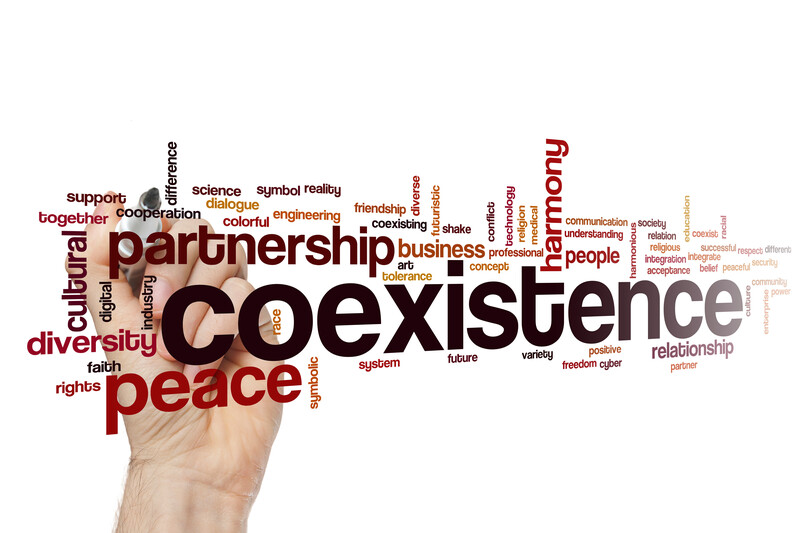Double-Check Your Perceptions

I was recently reminded of how faulty our perceptions can be, particularly in our relationships and especially in our digital communication. Perception is affected by so many variables, starting with […]

I was recently reminded of how faulty our perceptions can be, particularly in our relationships and especially in our digital communication. Perception is affected by so many variables, starting with […]

In honor of National Foster Care Month, I wanted to write an article about the truth of foster care: There is a beautiful side of foster care and there is […]

I have been studying Choice Theory for more than 30 years, and there has always been the concept that people are doing their best in any given situation with the […]

I was having a conversation with a friend of mine about the struggle with diversity here in the United States. She asked me what I think the answer is, and […]

While I was writing my book, Choosing Me Now, I discovered something that surprised me: we all have some sort of built-in need-strength bias. To understand what this means, you […]

Whatever happens in the outside world has no meaning other than the meaning you give it. This is not a new concept, but it is a difficult one to put […]

In our book, Leveraging Diversity at Work, Sylvester Baugh and I write about the dangers of stereotyping. The Buddhist parable about the six blind men and the elephant wonderfully illustrates […]
InsideOut Empowerment Tenant #4: What you want is based on what feels good to you (increasing pleasure or avoiding pain). Remember, what you want feels good to you. It may not feel good to everyone, especially those close to you. If people know what you want, they may judge you if they don’t think it’s a “good” thing to want. For example, my son quit college 18 credits shy of graduating. I certainly didn’t think that was a good thing. He didn’t want to go further in debt by going another semester. This was his choice, his decision, his life. There were many people in his life, who claim to love him, that told him what a mistake he made. It’s seven years later and he earns a six-figure income in a sales position in a rural area where the cost of living is less than most places in the US. Should he have graduated? Who can say conclusively? Perhaps the stress of owing more money for student loans would have caused him to do something desperate. We’ll never know. All I know is that it was his decision to make and my job was to support him in his right to make it.